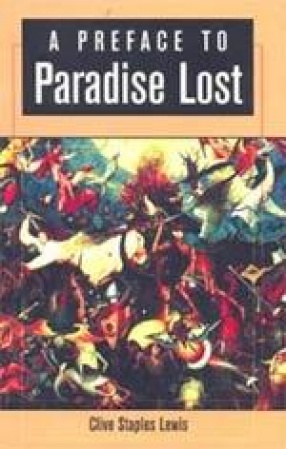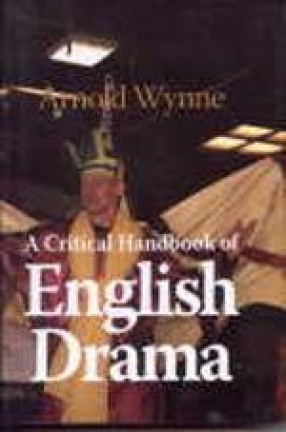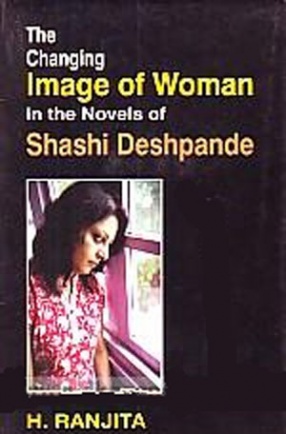Since its publication in 1942 C.S. Lewis’s A Preface to Paradise Lost has remained ands continues to remain an indispensable introductory book for the study of Paradise Lost. Very briefly, but with remarkable clarity and precision, Lewis touches on all the important aspects of Paradise Lost: form and technique, structure and texture, theological disputes and characterization etc. Lewis believes that a poem is a public activity through which the poet intends to move his readers. It is, therefore, extremely important to know the intention of the poet, to know what the [poem is, what it was intended to do and how it is meant to be used. Accordingly, Lewis tries to identify the originally intended meaning of the poem an access to Milton’s intentions. In the process, the Elizabeth world order, the contemporary theological issues, the differences between De Doctrina and Paradise Lost, critical opinions on Milton’s style, diction and characterizations-particularly Satan, Eve, the angels and Satan’s followers -, are all brought to bear on his discussions in the Preface.
A Preface to Paradise Lost
In stock
Free & Quick Delivery Worldwide
Bibliographic information
Title
A Preface to Paradise Lost
Author
Edition
Revised.
Publisher
ISBN
8126904569
Length
xiv+138p., Appendix; Index; 23cm.
Subjects





There are no reviews yet.